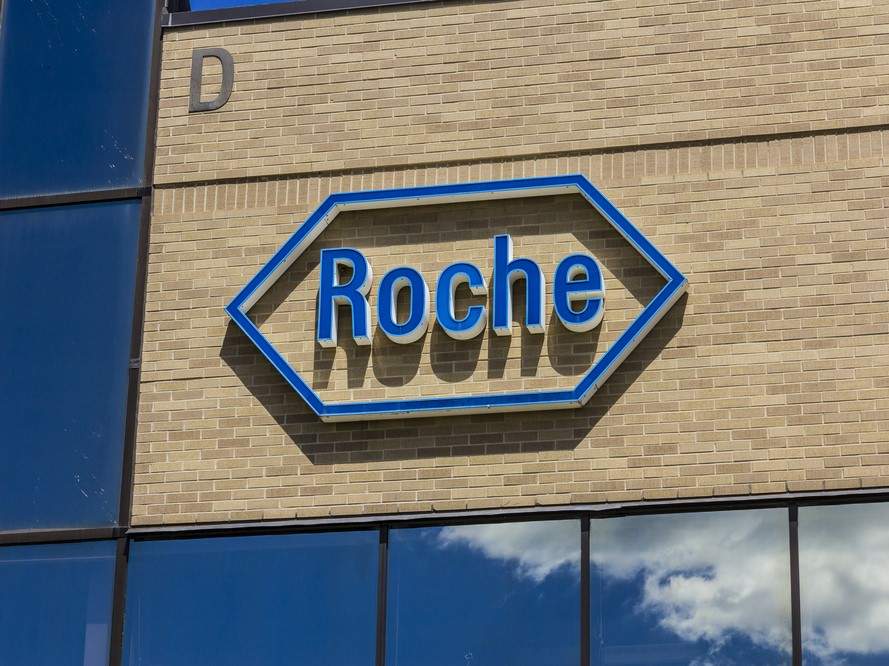
In its final draft guidance, the UK’s pricing regulator the National Institute of Health and Care Excellence (NICE) has not recommended Roche’s Ocrevus (ocrelizumab) for routine National Health Service (NHS) use to treat primary progressive multiple sclerosis (PPMS). This confirms NICE’s previous draft guidance published in June.
Ocrevus is a first in class, humanised monoclonal antibody designed to selectively target CD20-positive B cells, immune cells that damage myelin and axonal components of healthy neurons causing disability to people with MS.

Discover B2B Marketing That Performs
Combine business intelligence and editorial excellence to reach engaged professionals across 36 leading media platforms.
Roche’s drug is the first approved treatment approved for PPMS, the most debilitating form of MS. It was approved by the European Commission for PPMs in January 2018.
NICE’s reasoning behind the decision was although clinical trial results showed that Ocrevus reduced the risk of 12-week confirmed disease progression by 24% compared to the placebo, there was no certainty of evidence regarding the size and duration of this effect.
NICE also concluded the most plausible cost-effectiveness estimates for the drug compared with the current standard of supportive care are much higher than it considered acceptable for the use of NHS resources. The list price for ocrelizumab is £4,790 per 300mg vial.
Roche UK general manager Richard Erwin said: “We ask that NICE are given the flexibility to consider an indication-specific price for ocrelizumab in PPMS. The challenge with ocrelizumab for people with PPMS could also have huge implications for future access to innovative medicines for people in the UK.

US Tariffs are shifting - will you react or anticipate?
Don’t let policy changes catch you off guard. Stay proactive with real-time data and expert analysis.
By GlobalData“We are unwavering in our commitment to people with PPMS and, as we have done with other disease areas, want to work together with NICE and NHS England to find a solution so this decision can be overturned.”
Industry response to NICE’s rejection of Ocrevus for PPMS
MS Trust director of health and professional programmes Jo Sopala said: “There are currently no approved treatments for PPMS and people with this form of MS experience disability significantly quicker than those with other forms. The lack of treatments that can modify their disease often forces them to rely on wheelchairs and mobility aids sooner, impacting on their independence.
“People do everything they can to minimise the impact PPMS has on their lives, but what they really want is access to treatment which will slow down the progression of their disease. They risk becoming the forgotten people with MS and it is critical that NICE overturn the decision for ocrelizumab as soon as possible.
“People with PPMS have been desperately waiting years for a treatment that can slow the progression of their disease, they should not be deprived of the hope that a disease-modifying drug offers now that there is a licensed treatment.”
In response to NICE’s decision to reject Ocrevus to treat PPMS, the MS Society has launched a petition to encourage the NHS, NICE and Roche to return to the negotiating table.
MS Society director of external affairs Genevieve Edwards said: “This is a deeply disappointing decision, denying many desperate people access to a treatment which may slow down their disability progression.
“MS can be painful and often exhausting. For many people living with primary progressive MS – who have no NHS treatment options – ocrelizumab offered them a shot at a better future.
“Right now our utmost priority is ensuring everyone who could benefit from this treatment is given that opportunity.”
NICE approves NHS use of Ocrevus for RMS
Ocrevus is also approved in Europe for relapsed MS (RMS). After initially rejecting the NHS use of the drug for RMS, in March NICE recommended Ocrevus for NHS use on the condition Roche provides the drug under the agreed patient access scheme.
NICE concluded that cost-effectiveness estimates for the drug compared with the current standard of care are within the range considered an acceptable use of NHS resources. However, since it costs more than Sanofi’s Lemtrada (alemtuzumab), the recommendation only applied to patients for whom alemtuzumab is unsuitable.
The pricing regulator also agreed that indirect analysis showed that Ocrevus is more, or as, effective at reducing relapse as other treatments recommended for RMS.
According to the MS Society, the approval of Ocrevus for RMS has caused issues in terms of the drug’s recommendation for PPMS because it means NICE cannot accept the discounted price Roche offered for the PPMS indication. Roche has called for NICE to be allowed to consider the lower price for the PPMS indication.




